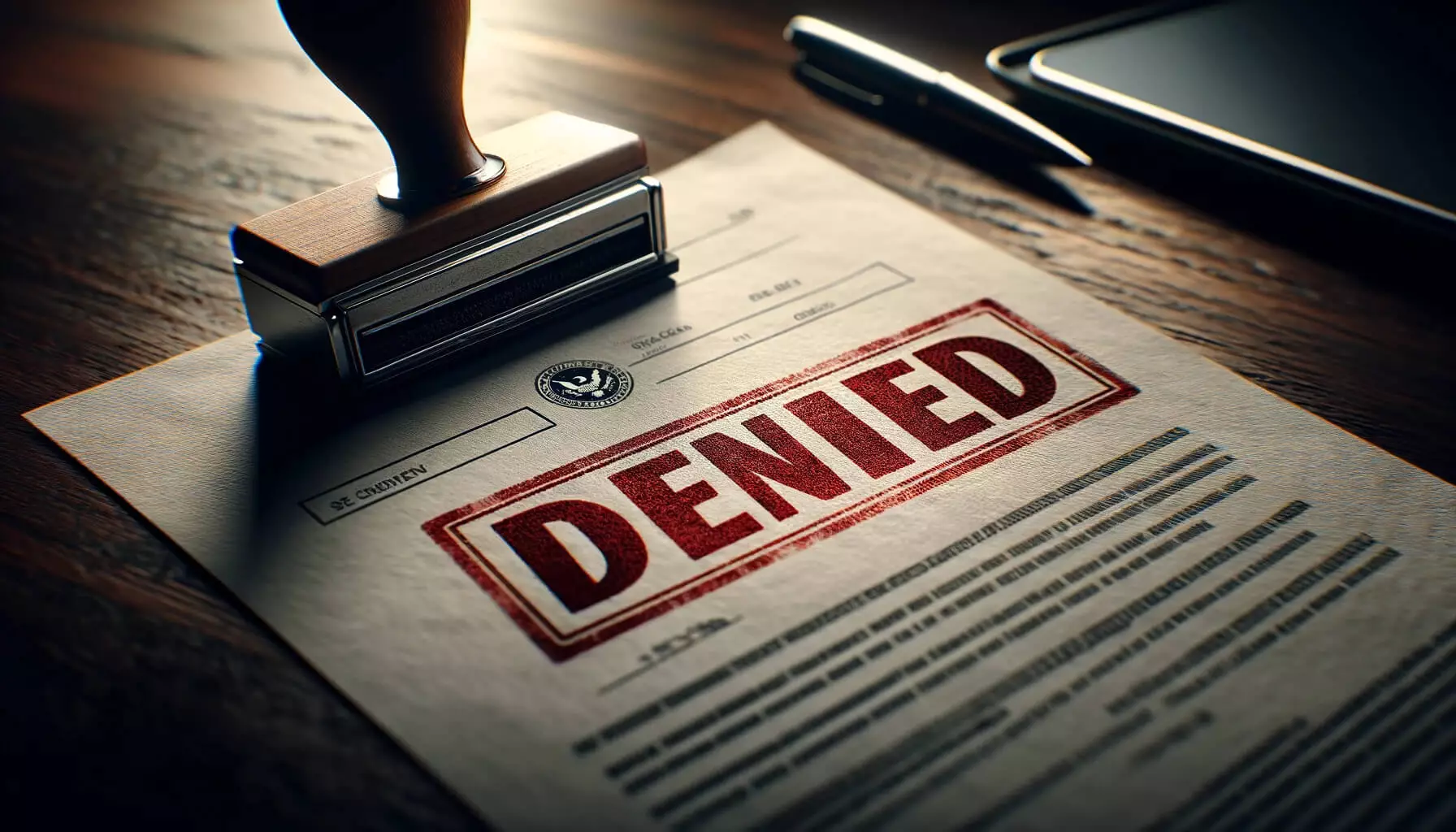The U.S. Securities and Exchange Commission (SEC) has recently denied a petition from the popular cryptocurrency exchange Coinbase. The denial comes after Coinbase’s request for the development of new rules regarding digital asset securities through the SEC’s formal rulemaking process. This decision marks the end of nearly 18 months of ongoing discussions between Coinbase and the securities regulator.
Coinbase initially submitted its petition to the SEC in July 2022, arguing that the existing SEC rules were insufficient for digital asset securities that utilize blockchain technology. However, in a response letter, the SEC stated that the requested rulemaking was currently unwarranted and denied the petition. The SEC disagrees with Coinbase’s assertion that the application of existing securities statutes and regulations to crypto asset securities is unworkable. This rejection aligns with SEC Chair Gary Gensler’s view that most crypto assets should adhere to long-established investor protection rules.
The SEC clarified that it currently has no plans to undertake discretionary rulemaking to create a new regulatory framework specifically for crypto asset securities. Instead, the agency emphasized that it has the discretion to determine the timing and priorities of its regulatory agenda. The SEC pointed to other ongoing initiatives that may inform future rule changes, implying that it would consider these factors before pursuing any significant regulatory modifications.
Before the SEC’s outright rejection, Coinbase had taken legal action against the regulator in an attempt to compel a response. In April 2023, the exchange filed a lawsuit to prompt the SEC to officially accept or reject the original petition. The recent denial is the outcome of this legal battle, which has finally provided Coinbase with the closure it sought.
Implications for the Cryptocurrency Industry
The SEC’s decision to deny Coinbase’s request to develop new rules for digital asset securities could have significant implications for the broader cryptocurrency industry. Without a specialized regulatory framework for crypto assets, investors and market participants may continue to face uncertainty and potential legal challenges. However, it is worth noting that the SEC’s stance aligns with the goal of maintaining investor protection and upholding long-standing securities regulations.
The SEC’s denial of Coinbase’s petition for the development of new rules for digital asset securities has brought an end to a lengthy process. Coinbase’s argument that existing regulations are insufficient for crypto assets did not persuade the securities regulator. As the crypto industry continues to evolve, market participants will need to navigate existing securities laws to ensure compliance and investor protection. The denial of a specialized crypto framework by the SEC reinforces the importance of adhering to existing regulations while also highlighting the ongoing need for establishing clear and comprehensive guidelines for digital asset securities.

